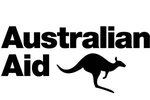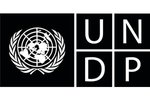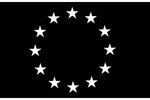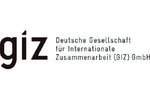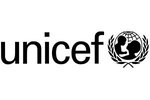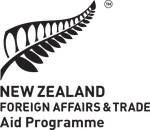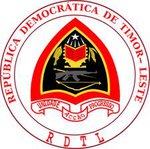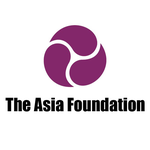Where personal meets professional: Mental health in the workplace
On this World Mental Health Day, Catalpa is reflecting on how we can better support our staff inside and outside of the workplace.
Since joining Catalpa and moving abroad, I’ve experienced events that triggered memories of past traumas and put a strain on my mental health and well-being. It was incredibly difficult to manage the stress of these moments when I was so far away from the medical resources, friends, and family of my home country, the US. Social interaction has also been more limited than ever with the isolation forced by COVID-19 lockdowns. As medical systems have become strained, it has also put a huge strain on access to mental health services.
With support from Catalpa, I have been able to access remote counselling sessions that helped me process my experiences and reminded me to use my tried and true coping mechanisms. (I personally practice yoga, meditation, eating right, breath work, journaling, and tapping).
When I opened up about my experiences with other colleagues, I learnt that many had experienced similar traumatic life events whether with family, at work, or in the community. While it was tragic to know so many people had lived through violence and trauma, it was also reassuring to know I wasn’t alone.
Which made me wonder... what more can we do as an organisation to help our staff thrive inside and outside of work? How might we better equip our colleagues with coping skills which can help them in all aspects of their lives? How might we create a workplace that is psychologically safe, where our team can be open and honest about the challenges they face?
Research tells us that ‘psychologically safe’ workplaces lead teams to be happier, healthier, and more motivated. So pursuing these changes is not just a personal passion, it’s backed up by science!
What we’ve tried
Access to counselling - After I received support from Catalpa, I worked with other senior managers to figure out how we can expand and formalise these offerings. After nearly two years of trial and error, we’ve found an organisation who can provide culturally responsive care to our staff. We now offer three free confidential sessions to any staff. We know it’s just the start, so we will evaluate the overall use in the next year to see if it’s something we should expand.
Wellness sessions - When most of our team worked from the Dili office in Timor-Leste, we hosted after work yoga sessions once a week. As our team has shifted to being mostly remote, we tried to figure out how to continue supporting health and wellness. We recently hosted five online yoga sessions which were a huge hit so we’ve now extended the sessions through the end of year. These hour-long sessions focus on stretching and breathing as coping skills people could use while sitting at their desks or in their regular life. This time we’re incorporating discussion of healthy eating into the sessions as we know the wellness of the body and the brain are connected.
Creating community - One key element of people who are able to bounce back after living through traumatic experiences is being part of a community. This means being seen, heard, and valued by those around you. When we were working in the office, we had regular game nights, potluck lunches, and opportunities to engage in social activism which allowed Catalpa staff and families to be in community together. With COVID-19 restrictions, we’re finding new ways of connecting with each other, such as our first ever virtual book club.
Leaning on kindness and flexibility - We have also learned that there is a balance between organising additional wellness sessions, and just giving staff time, space and flexibility. Sometimes, even if our intent is to support people, a wellness session can seem like putting a bandaid on a much bigger wound. Some people might feel additional pressure on their time, especially when some are already struggling to manage work and home-life during a pandemic. Getting the balance right is important. And sometimes, just a simple one-on-one check-in, or just saying “take your time, and be kind to yourself” can be more effective than a group wellness workshop during work hours. At the end of each year, which is a stressful time for many, we give our staff an extra two weeks of paid leave to recharge and refresh.
What more can we do?
Our team has grown leaps and bounds over the past two years. We have gone from 20 to 70 staff across nearly a dozen countries. This has forced us to reflect on our support processes, and work harder to establish an organisation that puts people first. We still have a long way to go, and there is so much more for us to learn.
We’re currently in the process of hiring a People & Culture Manager whose job it will be to expand these supports. We can’t wait to see what they suggest and how we can share that with our community to inspire change in the wider culture of global development and tech for good organisations.
We’ve also spent the past six months developing a company-wide Domestic and Family Violence policy. Sadly, many of our colleagues have or will experience such violence in their time at Catalpa. This policy makes it clear what support is available to everyone, regardless of their role or status in the organisation. As we roll out this policy, we will learn more about some of the challenges our team members face and hopefully uncover more ways we can do better.
What else? This is where we need your help. Has your organisation found other ways to create community and support the mental health of your staff? Are you considering making any bigger systemic changes like rethinking your regular working hours (4-day work weeks), expanding your health insurance, or adding more all-staff holidays? We’d love to get ideas from you of what's worked and what you’re considering.
This article was written by Kara Chesal, our Head of Education and Gender. To learn more about Catalpa, follow us on Facebook, LinkedIn, and Twitter.
